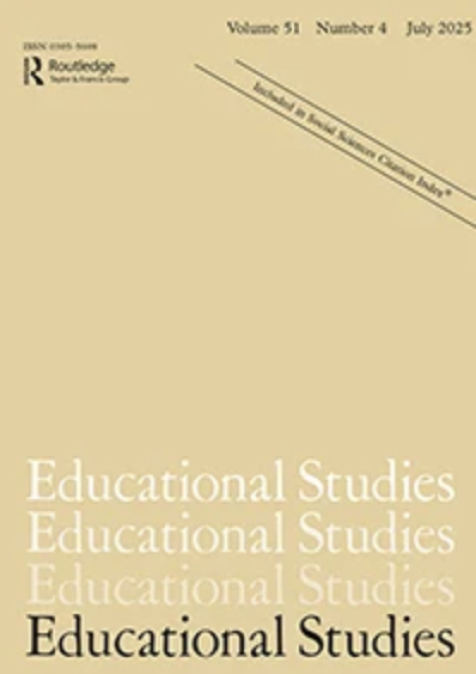Le Revenu universel, une réponse sociale au Covid-19 ? Analyse d'Ivan Martin et Larabi Jaidi
April 10, 2020
- Pourquoi le débat sur le revenu universel de base émerge de nouveau dans le cadre du Covid 19? - Qu’est ce qu’au juste le Revenu Universel de Base et quelles sont vos appréciations sur les expériences internationales? - Le Revenu Universel de Base est il une réponse appropriée pour protéger les populations vulnérables et quelles sont les conditions de sa réussite?
Speakers

Larabi Jaïdi
Senior Fellow
Larabi Jaïdi is a Senior Fellow at the Policy Center for the New South and an Affiliate Professor at Mohammed VI Polytechnic University. His areas of expertise include international economy, economic policies, international economic relations, regional economies, social development, international relations, and Mediterranean studies. He also served on the Special Commission on the New Development Model of Morocco, a consultative body created in November 2019 to formulate the country's new developmental guidelines. Jaïdi is a former Professor at Mohamed V University in Rabat-Agdal and a founding member of both the Centre Marocain de Conjoncture and the Groupement d’Etudes et de Recherches sur la Méditerranée.
Prof. Jaïdi previously served as Advisor to the Prime Minist ...

Iván Martín
Senior Fellow
Iván Martín is Senior Fellow at the Policy Center for the New South, Adjunct Professor at the Faculty of Governance, Economic and Social Sciences of the Mohammed VI Polytechnic University (UM6P), and Associate Researcher at the Interdisciplinary Research Group on Immigration (GRITIM) at the Universitat Pompeu Fabra in Barcelona. Between 2013 and 2016 he was Part-time Professor at the Migration Policy Centre (MPC) of the European University Institute in Florence, as well as member of the Expert Group on Economic Migration of the European Commission and Key Expert on Labour Migration providing External Technical Expertise on Migration to DG DEVCO of the European Commission (ETEM V Project).
Formerly, he has been Senior Research Fellow at the Barcelona Centre for International A ...






